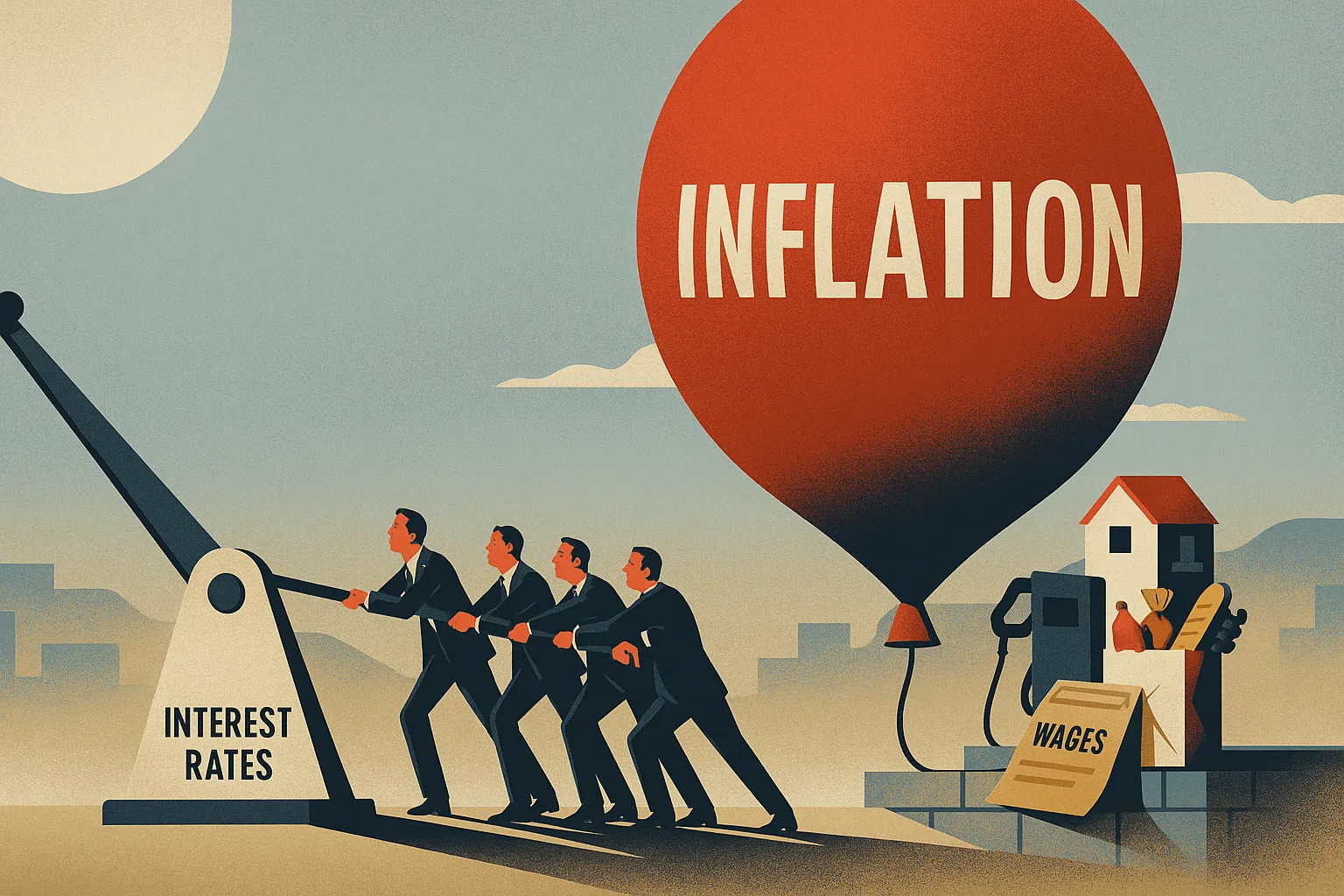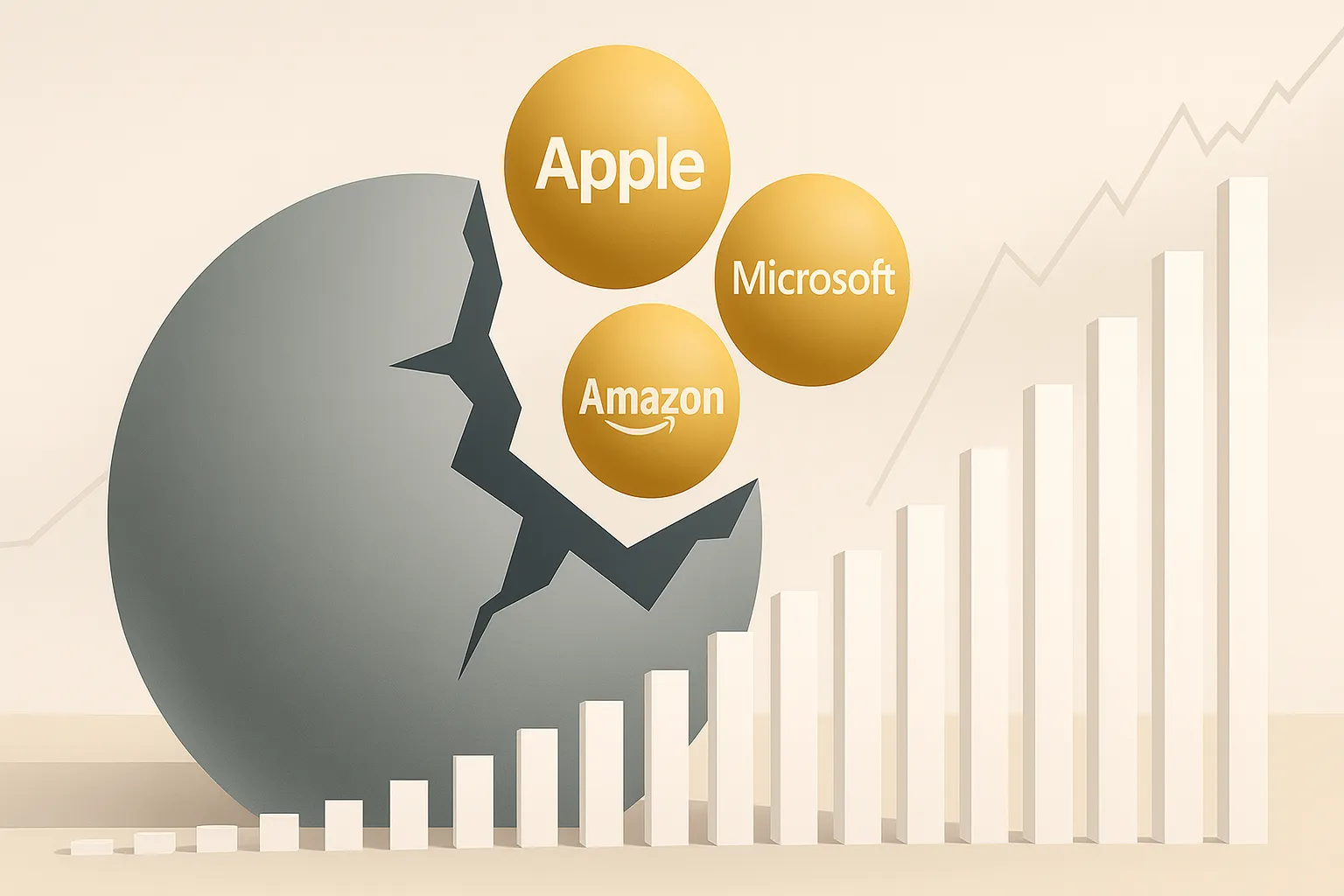Retiring With a Mortgage: Smart Strategy or Risky Bet?

According to Investopedia (2024), about 32% of Americans aged 65 to 74 still carry mortgage debt into retirement. That challenges the long-held belief that being debt-free is essential before retiring. For many, entering retirement with a mortgage triggers anxiety—but others intentionally keep one for liquidity, low rates, or tax reasons.
This article explores whether carrying a mortgage into retirement makes financial sense. The answer isn’t one-size-fits-all — it depends on interest rates, income stability, and how the mortgage fits into an overall portfolio.
Key Takeaways
- Low-interest mortgages may offer liquidity advantages — especially if the rate is below expected investment returns.
- Mortgage payments can strain retirement budgets, particularly for those with fixed or uncertain income sources.
- Selling investments to pay off a mortgage could trigger capital gains taxes and reduce diversification.
- Behavioral factors — such as financial anxiety and desire for security — often shape this decision more than math alone.
Why Some Retirees Choose to Keep Their Mortgage
A person nearing retirement with a 3% fixed-rate mortgage might see little urgency to pay it off. Instead, they may prefer to keep cash or invest the funds — aiming for higher returns while preserving liquidity.
There are practical reasons this approach can work:
- Low opportunity cost: Mortgage rates under 4% are often lower than historical long-term stock market returns.
- Liquidity buffer: Keeping cash on hand can help retirees avoid selling assets during downturns.
- Tax deduction: While more limited post-TCJA, some retirees still benefit from the mortgage interest deduction.
Hypothetical: A 62-year-old with $300,000 in retirement savings, a $100,000 mortgage at 3%, and $50,000 in cash might choose to retain the mortgage. The cash provides peace of mind and flexibility — without having to tap retirement accounts prematurely.
So why not always keep the loan? That depends on a number of factors, including income volatility — and the risk it introduces.
The Risk Side: Monthly Obligations Without Income Stability
Unlike the working years, retirees can’t count on a regular paycheck. That means every recurring cost — including a mortgage — pulls from either Social Security, pensions, or personal savings.
Here’s where the math gets more fragile:
- Market risk: If investments fall and a retiree needs to sell assets to make mortgage payments, it can lock in losses.
- Cash flow strain: A fixed payment doesn’t adjust to health expenses or other surprises.
- Psychological burden: The feeling of “still owing the bank” can weigh heavily — especially without new income coming in.
According to the 2023 Retirement Confidence Survey by EBRI, only 27% of retirees felt “very confident” about their financial situation, and fewer than three-quarters reported at least some confidence.
Behavioral finance plays a large role here. Many people underestimate how emotionally taxing debt can feel during retirement, even if it’s mathematically reasonable.
Selling Investments to Pay Off a Mortgage: Not Always Efficient
Some retirees consider cashing out part of their portfolio to eliminate mortgage debt. That can simplify finances — but also carry unintended costs.
Potential downsides include:
- Capital gains taxes on appreciated assets
- Reduced diversification of funds come disproportionately from equities
- Missed growth potential if those investments would’ve compounded over time
Hypothetical: A retiree sells $120,000 of long-held stock with a $40,000 cost basis to pay off a mortgage. Assuming a 15% federal capital gains rate, that’s an $12,000 tax bill — plus potential state taxes. That tax hit may outweigh the psychological relief of eliminating debt.
In these cases, some investors may consider partial paydowns — or simply continuing the mortgage while using cash flow planning tools to monitor risk.
How Market Conditions and Rates Shift the Equation
During periods of high interest rates, the case for early payoff grows stronger. A 7% mortgage is a much heavier drag than a 3% one — especially if fixed-income yields don’t keep up.
Conversely, in ultra-low-rate environments (as in 2020–2021), many retirees are locked in favorable mortgages. Some used the proceeds to boost investment portfolios, purchase rental property, or increase cash reserves.
But macro trends can shift:
- Home equity isn’t liquid.
- Refinancing becomes harder in retirement.
- Inflation may erode purchasing power faster than expected.
That’s why decisions about retirement mortgages should factor in future scenarios — not just current rates.
The “Lock-In Effect” and Why Many Stay Put
One reason retirees hold onto mortgages isn’t emotional—it’s rational. Millions of homeowners refinanced during 2020–2021, locking in rates under 3% or 4%. For these individuals, paying off a mortgage early—or selling and relocating—can feel like a financial step backward.
Why this matters:
- Ultra-low rates are hard to replace. Selling a home often means giving up a cheap mortgage and replacing it with a new loan at a much higher rate.
- Monthly payments may double. Even downsizing can result in higher costs if the new loan carries a 6%+ interest rate.
- Inventory is tight. Many homeowners are staying put, which reduces housing supply and drives up prices—reinforcing the incentive to stay.
- You may be “house rich, cash poor.” A large portion of net worth tied up in home equity can create liquidity issues—especially if income is limited.
For retirees, this creates a paradox: staying in a low-rate home can make financial sense, but it may also trap wealth in an illiquid asset. That’s why some choose to keep the mortgage and prioritize flexibility—using cash reserves or investment income to manage living costs, rather than tapping equity too early.
A Behavioral Cue Worth Remembering:
For many retirees, peace of mind matters more than theoretical return spreads. If a mortgage payment sparks monthly anxiety, even a “smart” loan can become a drag on well-being. The better question may be: Does this debt support your long-term confidence — or erode it?


